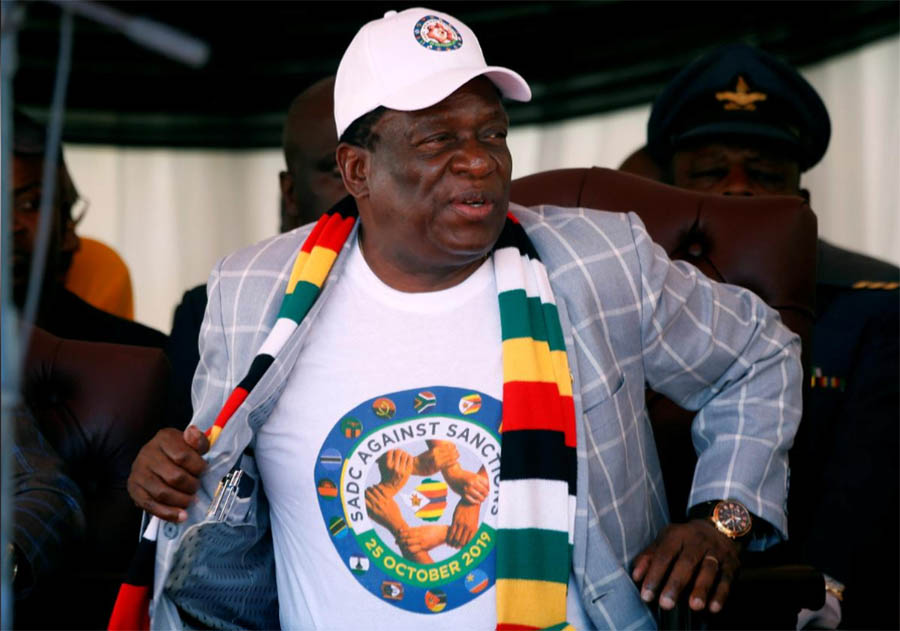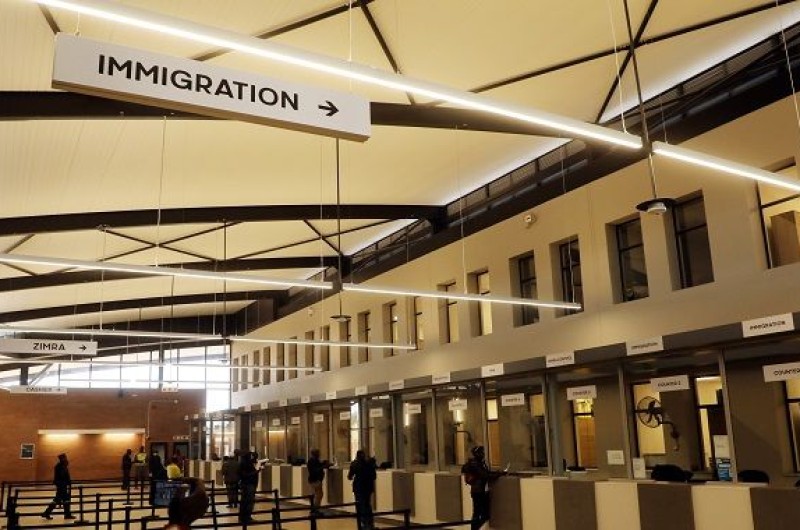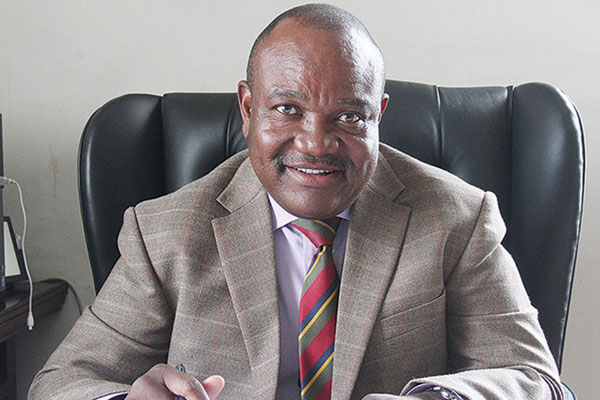HARARE – The United Kingdom has not invited Zimbabwe to the UK-Africa Investment Summit getting underway in London on January 20, dealing a major blow to President Emmerson Mnangagwa’s bid to end the country’s international isolation.
Dozens of African heads of state are attending the event being hosted by Prime Minister Boris Johnson.
The Zimbabwe presidency claimed that the former colonial power “is no longer an investing global power,” in an apparent attempt to take the sting out of the snub.
The leaders of Africa’s economic powerhouses – South Africa’s Cyril Ramaphosa, Egypt’s President Abdel Fattah Al-Sisi, Nigeria’s Muhammadu Buhari and Kenya’s Uhuru Kenyatta – have confirmed attendance at the London summit being held at the same time as the World Economic Forum in Davos, Switzerland.
George Charamba, the spokesman for the presidency, said Zimbabwe would be represented at Davos – the annual get-together of global leaders in politics, academia and business where delegates pay US$27,000 each for a ticket.
Charamba, writing on Twitter, said: “Let’s see what happens in the United Kingdom and to those invited. Methinks the UK uses false diplomacy to steady home nerves arising from Brexit. The UK is no longer an investing global power; long ceased to be thus!”
Britain is formalising its disengagement from the European Union after Johnson won an overwhelming mandate in December. The process, dubbed Brexit, will see the United Kingdom individually reviewing its trade ties with the rest of the world, including African countries.
On its government website, the UK government said the summit will bring together businesses, governments and international institutions “to showcase and promote the breadth and quality of investment opportunities across Africa.”
“The summit will strengthen the UK’s partnership with African nations to build a secure and prosperous future for all our citizens. It will mobilise new and substantial investment to create jobs and boost mutual prosperity,” it added.
The UK’s Department of International Trade says that UK-Africa trade was worth over £33 billion in 2018, and that about 2,000 British businesses currently operate in Africa.
The British government has set a new ambition for the UK to be the largest G7 investor in Africa by 2022.
Mnangagwa has made international engagement a key agenda after winning a disputed election in July 2018. His government has spent millions of dollars on international lobbyists, seeking improved relations with western countries who have withheld financial support over concerns about human rights abuses and a reluctance to reform.
Zimbabwe has so far failed to win support for readmission into the Commonwealth, the club of former British colonies, which it pulled out of in 2003 in protest over its suspension a year earlier and the imposition of sanctions by the European Union. The British government has tied the country’s return to the body to the pace of economic and political reforms.
Charamba on Tuesday claimed the Commonwealth was not a “veritable economic grouping” but “just an emotional get-together,” continuing his theme of understating the impact of Zimbabwe’s ongoing isolation on the international stage.
















